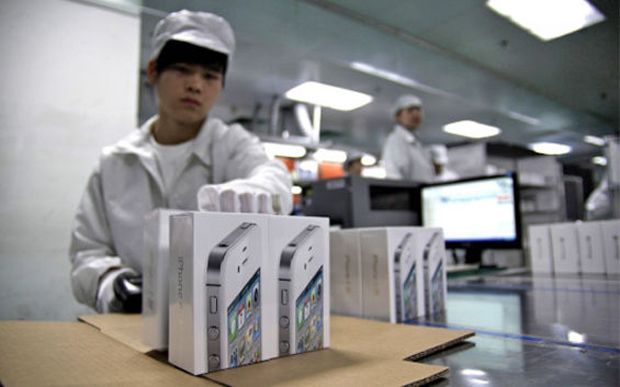Apple Supplier Caught Up In Indentured Servant Scandal

Apple supplier Flextronics has been caught up in accusations over the hiring of migrant workers as indentured servants.
Reports are suggesting that just a few weeks prior to the release of the iPhone 5′s release last year, recruiters in Asia actually sold jobs to migrant workers for hundreds of dollars. Upon securing these jobs, the workers had there passports confiscated, and were forced to work without food or pay for several months.
Whilst making migrant workers pay a fee to secure a job is standard practice in Asia, Flextronics was found to have been charging more than half a year’s salary for the privilege, a great deal more than the one month’s net salary allowed by Apple.
Problems continued in the Malaysian factory after Apple pulled its orders following a drop in yield rates. Forced to lay off 3000 worker, Flextronics provided full pay and severance, yet retained their workers passports, leaving workers stranded in Flextronics facilities, in some cases without food for up to two months.
It took the intervention of the police to see the workers fed and then sent home, yet most would have found that they still owed payments on loans taken out to secure the jobs in the first place. Flextronics has claimed it will “immediately reimburse any employees that have been charged excessive fees by labor agencies”.
Apple spokesman Chris Gaither claimed:
“We aggressively investigate any claims of bonded labor where Apple products are made… [Apple] is continuously auditing deeper into the supply chain” and takes “these allegations extremely seriously.”
It’s safe to say that despite a string of measures taken, employment conditions, policies and practices remain in dire conditions in the far east, which is the predominant manufacturing basin of products not just for Apple, but the entire world.
To see this kind of story emerge is particularly discouraging, and it shows that Apple, and all other companies involved in the East still have a long way to go if proper working conditions are to implemented in the region.
